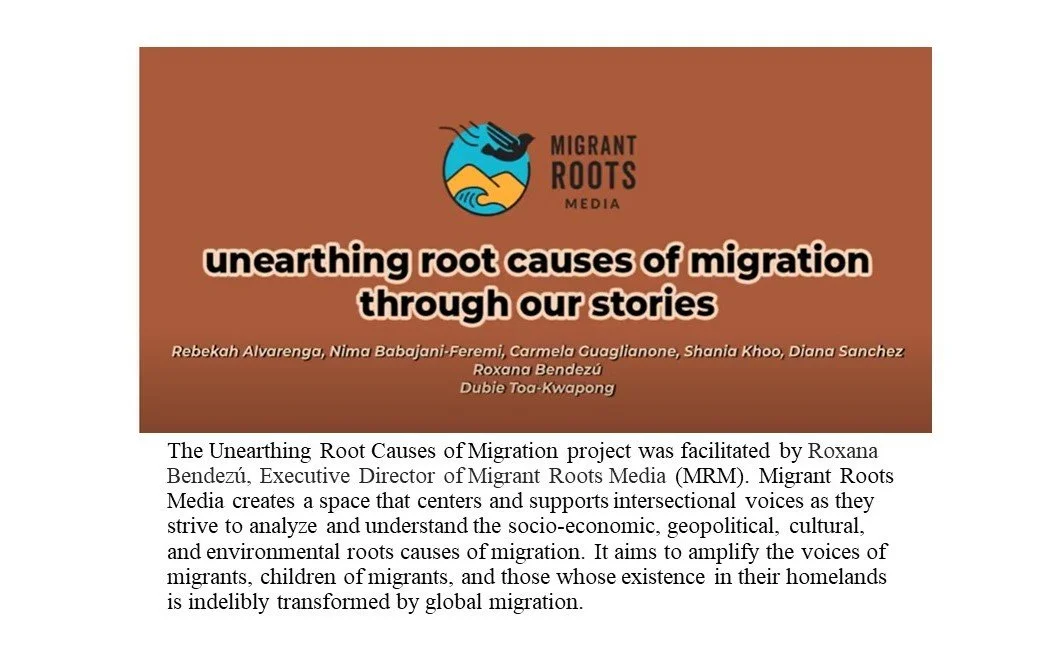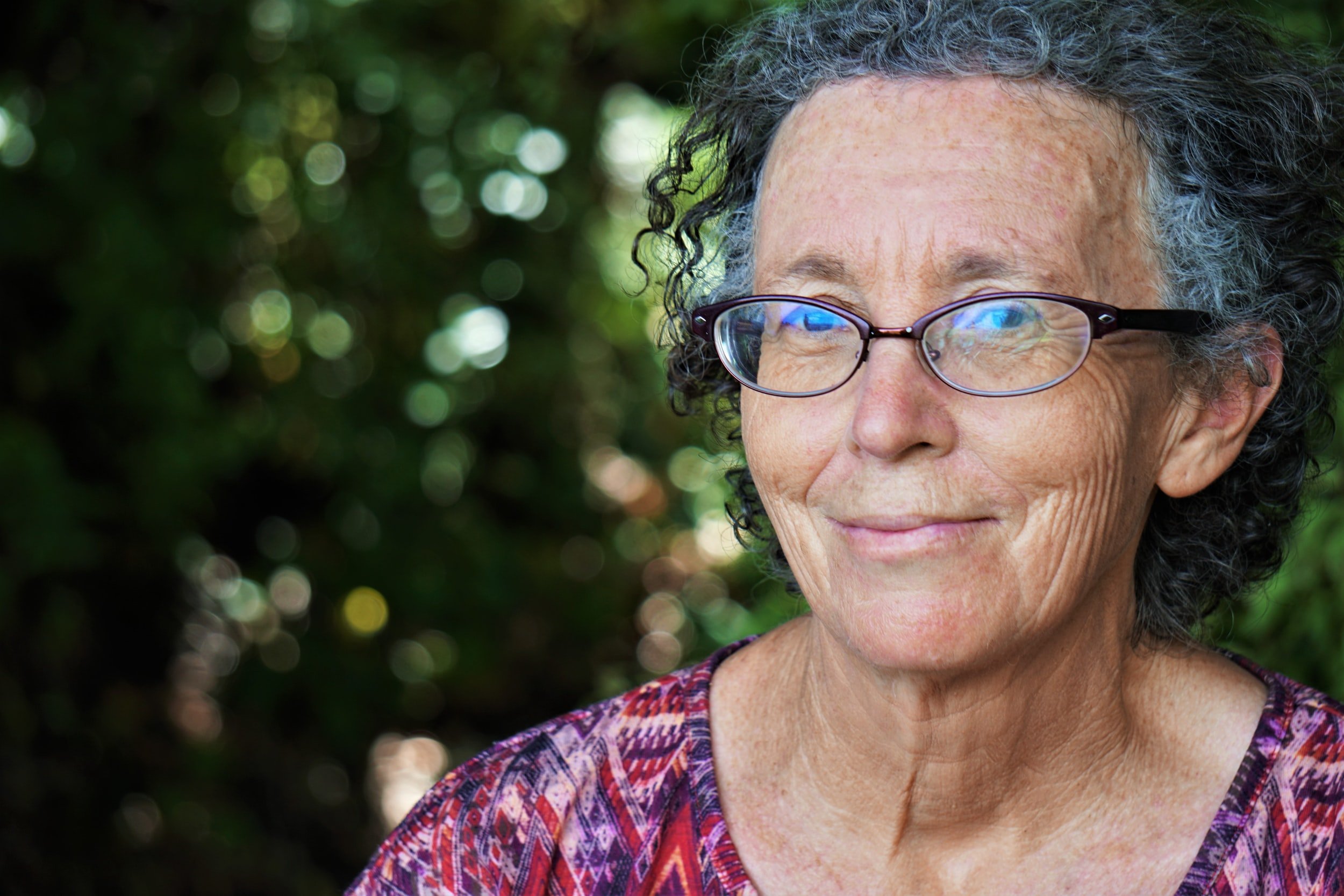Studies of Collaboration
The Methodspace focus for October 2022 is on collaboration. This collection of open-access SAGE journal articles includes a variety of perspectives on collaborative research and writing.
Bennett, H., & Brunner, R. (2022). Nurturing the buffer zone: conducting collaborative action research in contemporary contexts. Qualitative Research, 22(1), 74–92. https://doi.org/10.1177/1468794120965373
There is a shift in university-based social research towards interdisciplinary working and collaboration with non-academic partners, which requires a reconsideration of methodological concepts and research practices. In this article, we draw on intensive collaborative action research (CAR) into public service reform to demonstrate how this ‘collaborative shift’ both challenges and creates new considerations for mainstream research approaches. We contend that the contemporary emphasis on research collaborations creates challenges for both social science researchers and non-academic partners, which require greater conceptual consideration. Researchers need to engage in distinctive, significant and ongoing relational, pragmatic and political work in multi-agency contexts. We present the concept of a ‘buffer zone’: a dynamic, contextual space and set of practices necessary to undertake participatory research within complex and changeable settings. This has implications for research management, design, funding and training.
Hackett, A. (2017). Parents as researchers: collaborative ethnography with parents. Qualitative Research, 17(5), 481–497. https://doi.org/10.1177/1468794116672913
This article describes a series of studies of young children’s experience of place in which parents acted as co-researchers, collecting and analysing data. This approach to research resulted in an emphasis on sensory engagement and embodied experience, for both adults and children. As my own young daughter accompanied me during this research, the boundaries between parent and researcher were further blurred. As research progressed, parents became increasingly critical of pathologising discourses about parenting, and stated more strongly the expertise they possessed in their own children. Collaborative research with parents opened up new possibilities for understanding the perspectives of very young children, by drawing on the expertise parents have.
Nathues, E., Endedijk, M., & van Vuuren, M. (2022). Coauthoring collaborative strategy when voices are many and authority is ambiguous. Strategic Organization, 0(0). https://doi.org/10.1177/14761270211068842
In interorganizational teams, processes are more complex and structures less clear than in intraorganizational settings. Different perspectives come together and authoritative positions are often ambiguous, which makes establishing what to do problematic. We adopt a ventriloquial analytical lens and pose the question: How exactly do interorganizational team members build a collaborative strategy under these conditions, in their situated interactions? Our findings show how many different voices (individual, organizational, team, and other) shape members’ strategy-making and reveal these voices’ performative authoritative effects: Members established their team’s strategy and produced the needed authority to do so through three coauthoring practices, namely, the proposition, appropriation, and expropriation of voices. When members switched between the practices and different voices, these voices were either woven together or moved apart. We sketch a conceptualization of strategy as a relational assemblage and develop a process model of strategy-coauthoring to illuminate these dynamics.
Oswald, K., & Zhao, X. (2021). Collaborative Learning in Makerspaces: A Grounded Theory of the Role of Collaborative Learning in Makerspaces. SAGE Open, 11(2). https://doi.org/10.1177/21582440211020732
Makerspaces are a relatively new phenomenon that seem to create an innovative environment for individuals to work on projects and learn about technology. This article presents a grounded theory study, which investigates the impact that makerspaces have on innovation. Strauss and Corbin’s grounded theory methodology is used to research this exploratory topic. The data sample consists of 16 interviews of members of a makerspace in Shanghai, China. Data analysis was conducted abiding by Strauss and Corbin’s coding framework, entailing open coding, axial coding, and selective coding as well as coding tools, such as the coding paradigm and the conditional matrix. Collaborative learning was identified as the core phenomenon of this research, and The Collaborative Learning and its Outcomes Theory was created. The emergent theory contributes to the understanding of how makerspaces impact outcomes, such as innovation and venture creation, as well as explain how collaborative learning in conjunction with other modes of learning can facilitate learning at various complexities. As such, this study’s contributions are in developing the theoretical understanding of makerspaces as well as collaborative learning. It offers managerial and pedagogical implications that can help create learning environments where collaborative learning is fostered.
Satchwell, C., Larkins, C., Davidge, G., & Carter, B. (2020). Stories as findings in collaborative research: making meaning through fictional writing with disadvantaged young people. Qualitative Research, 20(6), 874–891. https://doi.org/10.1177/1468794120904892
Working in a participatory research project with young people who are disabled, care-experienced or otherwise disadvantaged, collaborative fiction writing was a core method of hearing and amplifying their voices. We discuss how meanings were made in this iterative process of capturing resonances in the different stages of the research, resulting in the creation of stories filtered through many different participants. Through individual and joint reflections on the complex processes of constructing the 48 short stories, we demonstrate how collective storytelling can address criticisms of fictional research outputs as (in)valid social science, and argue instead that the resulting stories can be considered rigorous and faithful research findings. We suggest that these research outputs preserve and proliferate the meanings of marginalised young people, and challenge the absence or distortion of existing narratives about their lives as experienced by themselves.
Thoft DS, Ward A, Youell J. Journey of ethics – Conducting collaborative research with people with dementia. Dementia. 2021;20(3):1005-1024. https://doi.org/10.1177/1471301220919
This paper explores some of the ethical considerations of working collaboratively with people with dementia within research based upon the experiences, challenges and learning from three doctoral research studies. Focus is on the research relationship with participants and gatekeepers, the importance of setting and access, the power relations within the research and ways in which people with dementia can be supported to be active and have a voice in research. This sits within an ethical framework of principalist ethics and ethics of care to guide not only how research is planned ethically and with consideration of participants, but also how this can support decisions made in situ. The aim is to share, based upon these three studies, ways of managing and working through some of the ethical consideration to support researchers in their decisions in planning and conducting research with people with dementia as active collaborators.
Thomson, R., & Berriman, L. (2021). Starting with the archive: principles for prospective collaborative research. Qualitative Research, 0(0). https://doi.org/10.1177/14687941211023037
What are participants and researchers agreeing to when they consent to having data archived and what do they imagine the future life of their data to be? In this paper, we reflect on a project that deliberately started rather than ended with the archive. The Everyday Childhoods project invited children and their families to take part in the creation of an open access public archive documenting everyday childhoods using a range of multimedia data. Families and researchers were invited into the archive, encouraged to imagine different kinds of secondary use and to speak directly to future user of their data through short films and postcards. This paper raises questions concerning the place of the archive in different disciplinary traditions; the roles of researcher and archivist in safekeeping, gatekeeping and caring for data collections; and the place of qualitative longitudinal research as a site of innovation within a new data landscape.























Learning while doing: collaborating on a book about collaboration.